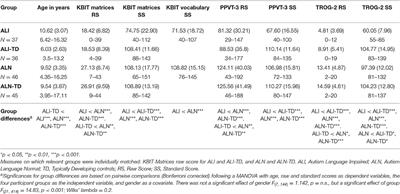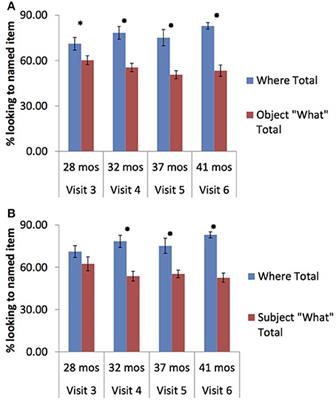EDITORIAL
Published on 19 Jun 2018
Editorial: Investigating Grammar in Autism Spectrum Disorders
doi 10.3389/fpsyg.2018.01004
- 3,094 views
- 2 citations
16k
Total downloads
89k
Total views and downloads
EDITORIAL
Published on 19 Jun 2018
ORIGINAL RESEARCH
Published on 04 Apr 2018

ORIGINAL RESEARCH
Published on 20 Nov 2017

OPINION
Published on 15 Jun 2017
ORIGINAL RESEARCH
Published on 12 May 2017

ORIGINAL RESEARCH
Published on 18 Apr 2017

ORIGINAL RESEARCH
Published on 28 Mar 2017

ORIGINAL RESEARCH
Published on 28 Mar 2017

ORIGINAL RESEARCH
Published on 28 Mar 2017

ORIGINAL RESEARCH
Published on 10 Mar 2017
